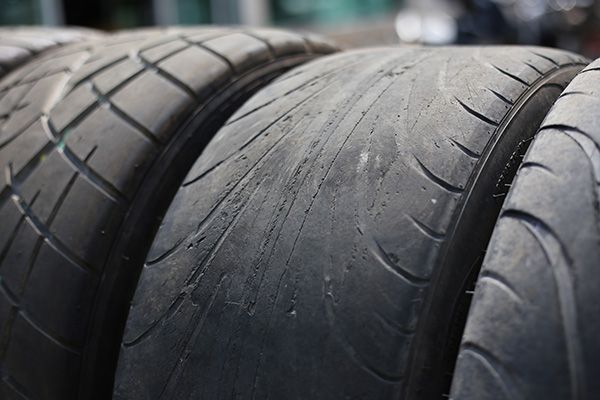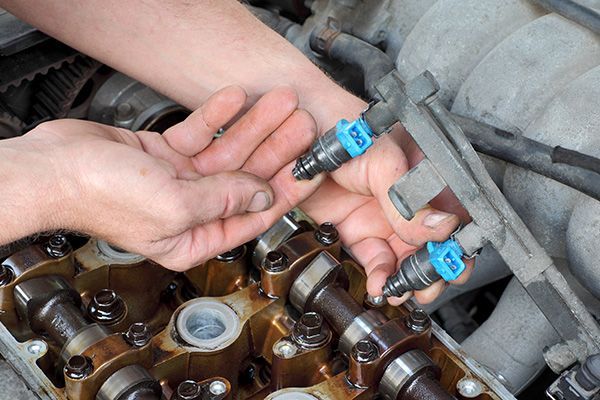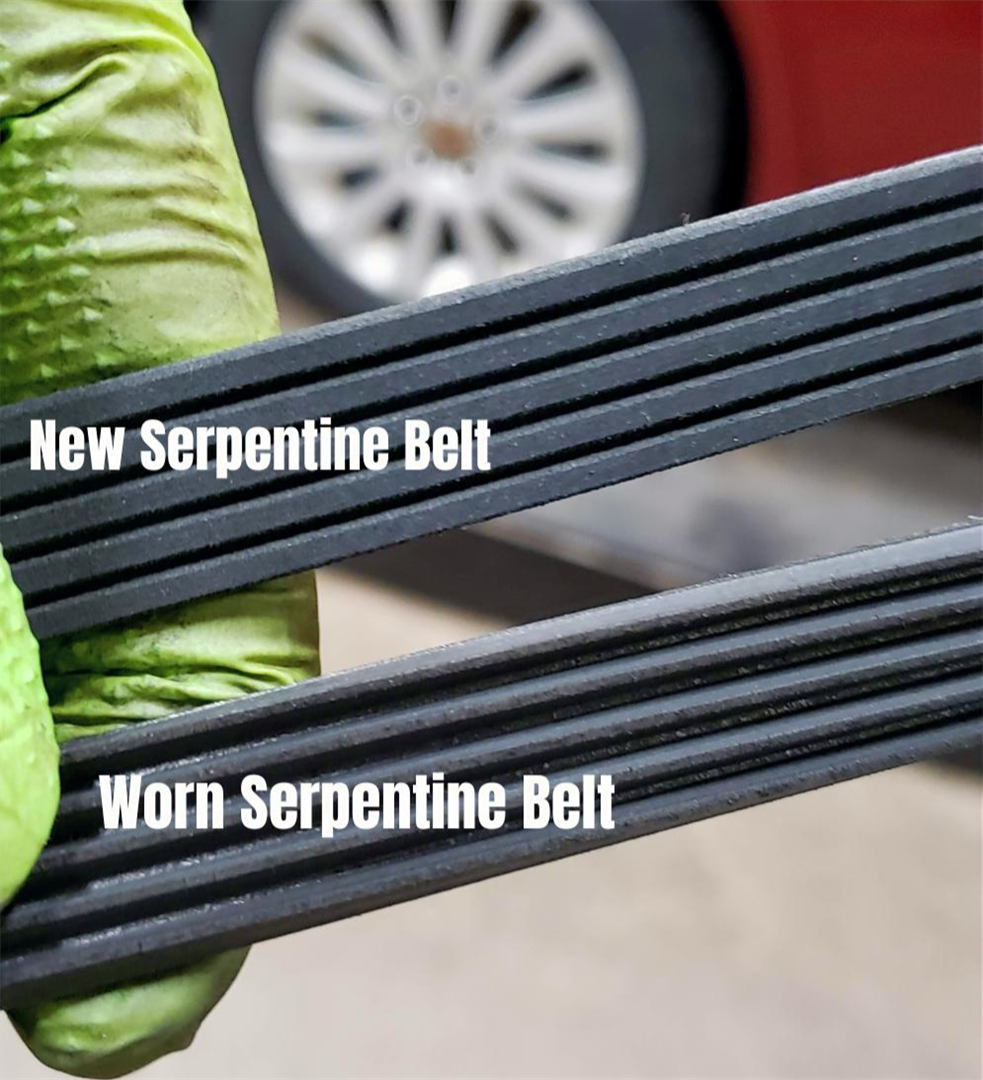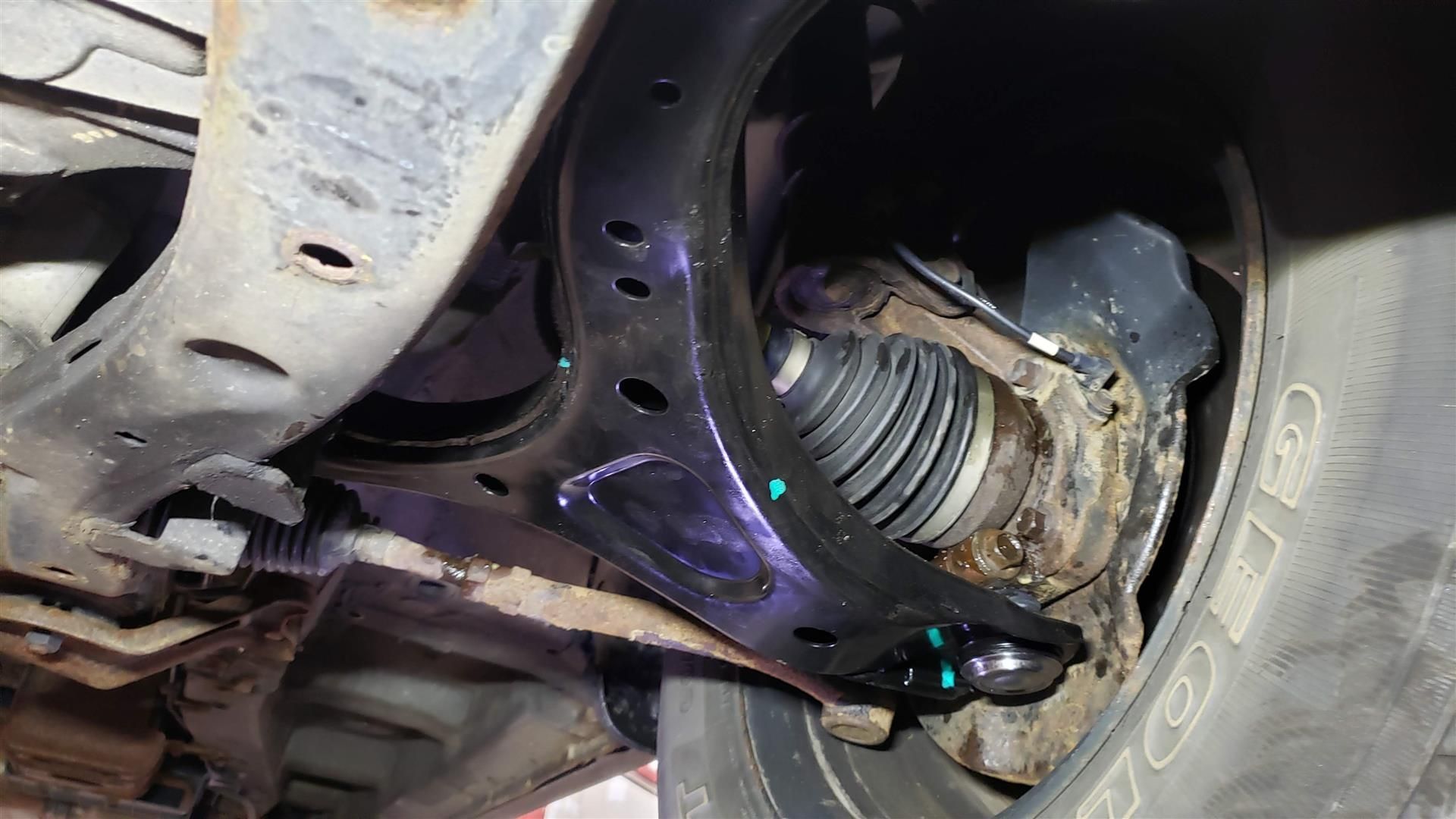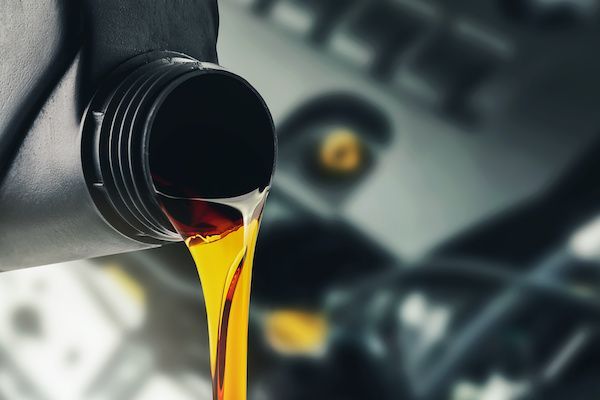
You probably have heard of how awful oil sludge can be for your engine. But what exactly is it, and how can it affect your car? Oil sludge is a thick gel that is formed when the engine oil is oxidized and contaminated. It is comprised of partially burnt fuel, metal fragments, and dirt. Oil sludge is then carried by the oil and you can find it sticking on the various parts of the engine.
Why Oil Sludge Builds Up
Oil sludge will first appear on top of the engine, inside the oil pan, and on the valve cover. The sludge can then block the siphon, and consequently hinder the circulation of oil within the engine. Sludge usually build-up due to several reasons, but driving in heavy traffic repeatedly is one of the main causes. Frequent driving for short distances and long periods of stop-and-go driving can also accelerate the build-up of oil sludge.
How Oil Sludge Can Hurt Your Car
As mentioned above, oil sludge usually has the effect of hindering the circulation of oil in your engine. Since oil is responsible for cooling and lubricating your engine, reduced oil circulation will increase friction and even cause your engine to overheat. This will have the effect of causing the moving parts of your engine to wear out more rapidly. Therefore, in addition to making your car less efficient, oil sludge will lead to more costs of repairs and even reduce the lifespan of your engine.
The Takeaway
Overall, it is apparent that oil sludge has the potential to damage your engine. The good news is that if the problem is discovered early enough, it can be solved before causing any damaged. To this end, you need to ensure that you see your mechanic as soon as you notice that the check engine light is on or your engine is overheating. If you're due for an oil change and you also want oil sludge removed, we invite you to bring your vehicle into our auto repair shop today.


